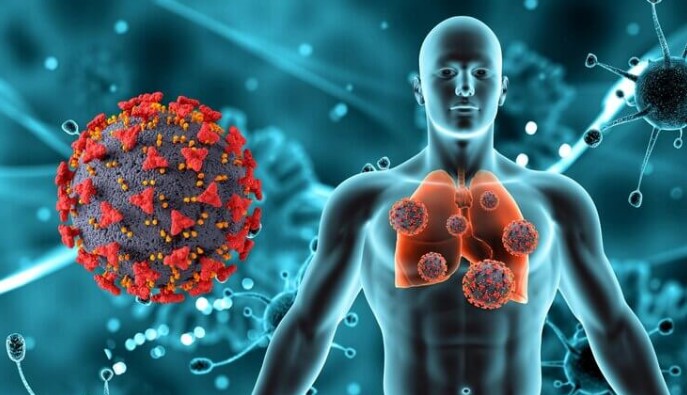Share this post
Dr. Jason Pirozzolo Shares Insights: The HMPV Outbreak in China
The recent outbreak of human metapneumovirus (hMPV) in China has captured global attention, raising questions about this often-overlooked respiratory virus. As concerns mount, Dr. Jason Pirozzolo, a leading health expert, provides crucial insights into the health risks and prevention strategies associated with hMPV. This article explores what hMPV is, its symptoms, and why public health vigilance is essential.
Most importantly, understanding the nature of hMPV can help you protect yourself and your loved ones. This virus primarily affects children, the elderly, and immunocompromised individuals, often presenting symptoms similar to the common cold or flu. However, in severe cases, it can lead to bronchitis, pneumonia, or exacerbations of preexisting conditions like asthma. “Human metapneumovirus is not new, but its impact is often underestimated,” explains Dr. Jason Pirozzolo. “It’s a silent player in the respiratory virus landscape.”
One reason for the heightened concern is the timing of the outbreak. The winter months in China—when respiratory infections peak—create ideal conditions for hMPV to spread. Beyond that, the virus’s similarity to other respiratory infections complicates diagnosis. Symptoms like fever, cough, nasal congestion, and shortness of breath are common, but laboratory tests are often required to confirm the cause.
Besides that, recent studies show an increase in hMPV detection worldwide, possibly due to improved diagnostic capabilities. However, awareness remains low. Dr. Jason Pirozzolo emphasizes that education and vigilance are key: “The more we know about how this virus spreads, the better equipped we are to mitigate its effects.”
Prevention
Prevention, therefore, becomes the cornerstone of managing this outbreak. Basic hygiene measures, including frequent handwashing and avoiding close contact with symptomatic individuals, remain the first line of defense. For healthcare settings, strict infection control protocols are crucial. “Hand hygiene and common sense use of masks are powerful tools,” notes Dr. Jason Pirozzolo. “But we must also focus on strengthening immune health.”
Immune-boosting strategies include maintaining a balanced diet rich in fruits and vegetables, getting adequate sleep, and staying physically active. In some cases, supplements like Vitamin D and zinc may offer added protection. “While no supplement can replace good hygiene measures, they can complement your body’s defenses,” says Dr. Pirozzolo.
Potential Global Implications
The potential global implications of this outbreak are significant. Given the interconnectedness of today’s world, the virus could easily cross borders. Countries should remain vigilant, monitor infection trends, and share data to enhance global preparedness. “Transparency and collaboration are vital,” Dr. Pirozzolo asserts. “We’ve seen how rapidly viruses can spread in recent years. Learning from past outbreaks is essential.”
What sets hMPV apart from viruses like COVID-19 or influenza is the lack of specific antiviral treatments or vaccines. Management focuses on symptom relief, such as hydration, fever reducers, and rest. Severe cases may require hospitalization and oxygen therapy. Dr. Pirozzolo advises, “If you experience persistent symptoms or difficulty breathing, seek medical attention immediately.”
The broader public health implications extend beyond individual cases. An overwhelmed healthcare system, economic disruptions, and misinformation are potential challenges. Accurate, accessible information—like that provided by experts such as Dr. Jason Pirozzolo—is critical for informed decision-making.
In Summary
Finally, Dr. Pirozzolo’s advice underscores the importance of staying informed and proactive. “This outbreak serves as a reminder that respiratory viruses are a constant threat,” he says. “But with the right measures, we can reduce their impact.”
For ongoing updates on hMPV and other health topics, follow Dr. Jason Pirozzolo’s articles and insights. His expertise provides a reliable guide in an ever-evolving health landscape. See the video here: https://youtube.com/shorts/RLQCtZ6W5Zc




















